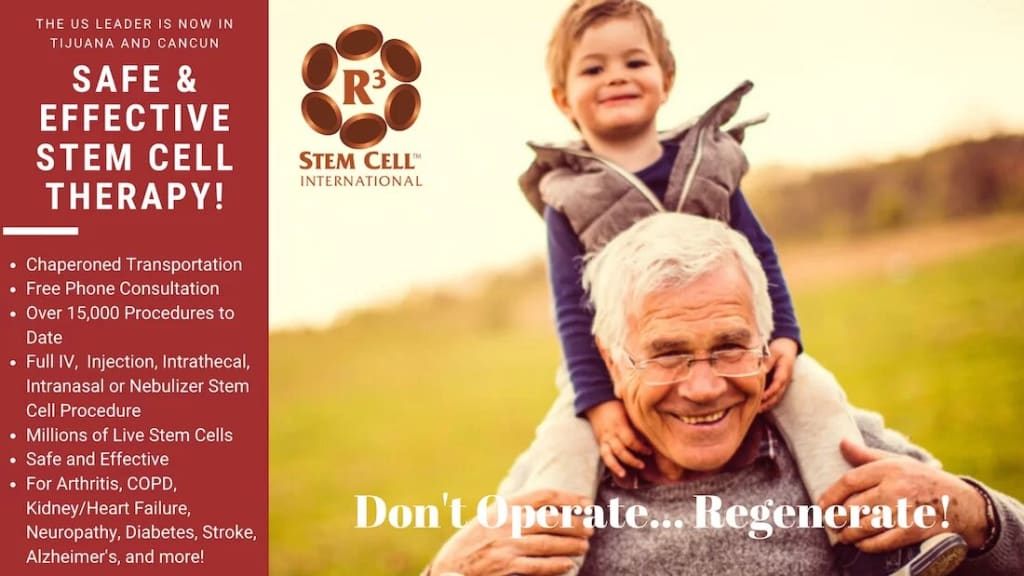
Stem cell therapy has become an exciting new field of regenerative medicine. Scientists have discovered that stem cells found within umbilical cord tissue, called Wharton's Jelly, have unique therapeutic potential. Wharton's Jelly stem cells are currently being used to treat various degenerative diseases and show promising results for many conditions.
What are Wharton's Jelly stem cells?
Wharton's Jelly is the gelatinous connective tissue found within the umbilical cord. It contains an abundance of mesenchymal stem cells that have powerful anti-inflammatory and immune-modulatory effects. Mesenchymal stem cells from Wharton's Jelly (WJ-MSCs) have superior expansion capabilities compared to other sources like bone marrow. They are also considered a medical waste products, so they do not have the ethical concerns of embryonic stem cells.
How Wharton's Jelly stem cell therapy works
Wharton's Jelly stem cell therapy involves using an IV infusion or direct injection of WJ-MSCs. These cells have the ability to home in on inflamed and damaged tissues in the body. Once they migrate to the target location, they exert their therapeutic effects:
Reducing inflammation: WJ-MSCs release molecules that modulate the immune system and decrease inflammation in the body. This can help reduce pain and slow disease progression.
Promoting healing: WJ-MSCs secrete growth factors and cytokines that stimulate the regeneration of damaged cells and tissues. They also promote the growth of new blood vessels to improve blood flow.
Halting cell death: WJ-MSCs have antioxidant properties and can help prevent apoptosis or programmed cell death. This allows tissues to heal and recover rather than continuing to degenerate.
Regenerating tissue: Under certain conditions, WJ-MSCs have the ability to directly differentiate into various cell types to replace damaged tissues. They are especially adept at becoming new connective tissues like bone, cartilage, fat, and muscle.
Conditions treated with Wharton's Jelly stem cell therapy
Wharton's Jelly stem cell therapy is currently being used to treat a wide range of degenerative diseases and injuries including:
- Autoimmune diseases like multiple sclerosis, rheumatoid arthritis, Crohn's disease, and lupus. WJ-MSCs can help rebalance the immune system and reduce autoimmune attacks.
- Neurological conditions such as Alzheimer's disease, Parkinson's disease, stroke, traumatic brain injury, and spinal cord injuries. WJ-MSCs have neuroprotective effects and can promote nerve regeneration.
- Orthopedic diseases like osteoarthritis, joint injuries, rotator cuff tears, and tendon injuries. WJ-MSCs reduce inflammation in the joints and stimulate cartilage and tissue repair.
- Respiratory diseases such as chronic obstructive pulmonary disease (COPD), pulmonary fibrosis, and asthma. WJ-MSCs can repair lung damage and improve lung function.
- Circulatory conditions including peripheral artery disease and heart disease. WJ-MSCs promote the growth of new blood vessels and improve blood flow.
- Liver and kidney diseases. WJ-MSCs support the regeneration of liver and kidney cells.
- Wound healing and skin regeneration. WJ-MSCs stimulate new skin cell growth and accelerate wound closure.
What are the benefits of Wharton's Jelly stem cell therapy?
Compared to other types of stem cell therapy, WJ-MSC therapy offers numerous advantages:
Non-invasive: WJ-MSCs are administered through an IV infusion or injection, avoiding the need for surgical procedures.
Safe: WJ-MSCs have an excellent safety profile and a low risk of side effects like infection, rejection, or tumor formation. They are immunoprivileged so there is minimal chance of the cells being attacked by the immune system.
Effective: WJ-MSCs have proven therapeutic effects through anti-inflammatory, immune modulating, and tissue regenerative actions. They have been shown to improve symptoms and slow the progression of degenerative diseases.
Convenient: WJ-MSCs can be banked after birth and used when needed for treatment. They also have a long shelf-life, with some studies showing viability for up to 15 years when cryopreserved.
Inexpensive: Compared to medications and surgeries, WJ-MSC therapy is a cost-effective option for many chronic health conditions. Private umbilical cord blood and tissue banking offers affordable long-term WJ-MSC storage.
Promising: Research on WJ-MSCs is growing quickly, and new applications of this therapy are continuously being explored. WJ-MSCs may provide hope for conditions currently lacking good treatment options.
You can get this promising therapy now in Canada through R3 Stem Cell. They offer both in-person and at-home telemedicine options for WJ-MSC therapy. Visit their website for more information.
The future of Wharton's Jelly stem cell therapy
Wharton's Jelly stem cell therapy provides an exciting new alternative for regenerative medicine. As research progresses, WJ-MSCs are proving effective at treating various diseases for which current pharmaceutical and surgical options provide limited benefit. Patients now have access to a safe, non-invasive treatment that takes advantage of the body's natural healing abilities.
With ongoing studies investigating their mechanisms of action, dosing, timing, and applications, WJ-MSCs may transform the way we approach chronic degenerative diseases. They represent an innovative solution to health conditions that significantly impact quality of life and place a heavy burden on healthcare systems. Overall, WJ-MSCs provide hope that cutting-edge medical therapies and cures are on the horizon.
In conclusion, Wharton's Jelly stem cell therapy represents the future of regenerative medicine. Umbilical cord tissue contains mesenchymal stem cells with unique healing potential for various degenerative conditions and injuries. WJ-MSCs are abundant, non-controversial, hypoimmunogenic, and have superior expansion and differentiation capabilities compared to other cell sources.
WJ-MSC therapy is a non-invasive and convenient treatment option that provides safe, effective and promising results for autoimmune diseases, neurological disorders, orthopedic conditions, respiratory diseases, circulatory diseases, and more. WJ-MSCs work by reducing inflammation, promoting tissue regeneration, preventing cell death, and in some cases directly replacing damaged cells. They offer numerous advantages over current treatment approaches including pharmaceuticals and surgeries.





Comments
There are no comments for this story
Be the first to respond and start the conversation.